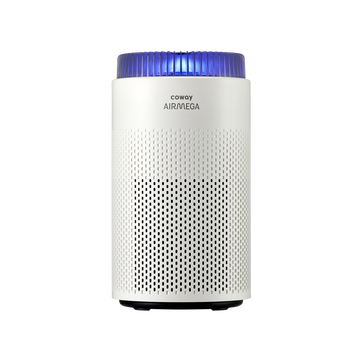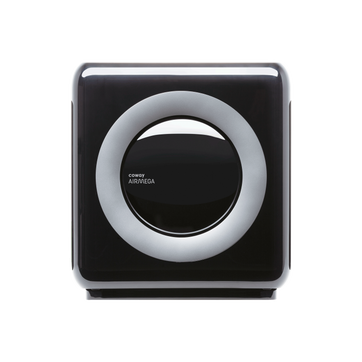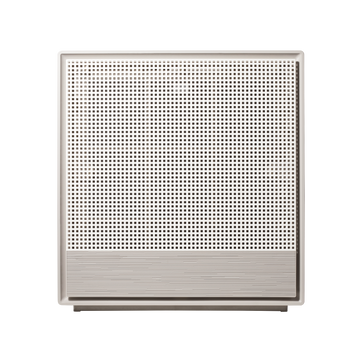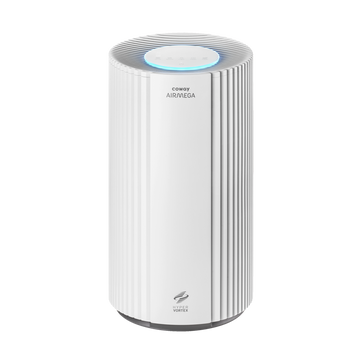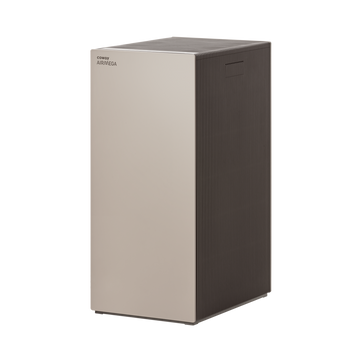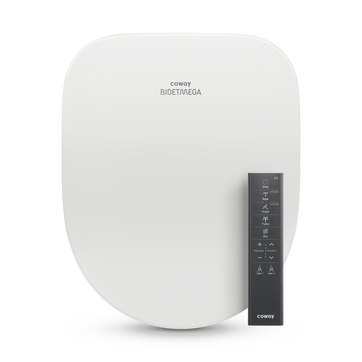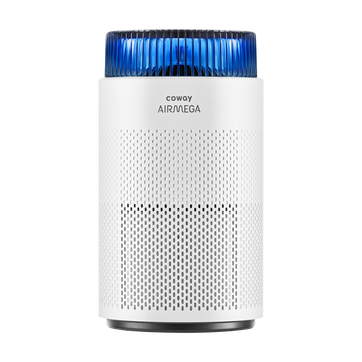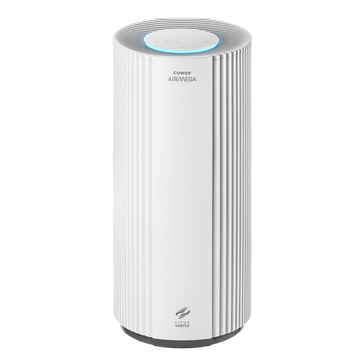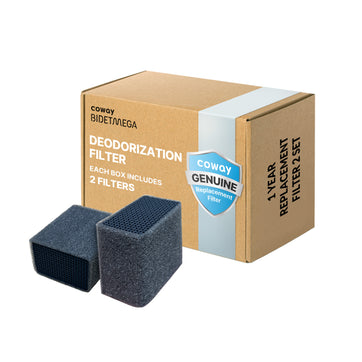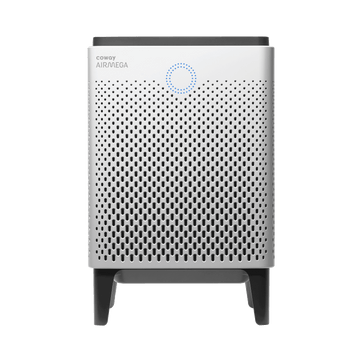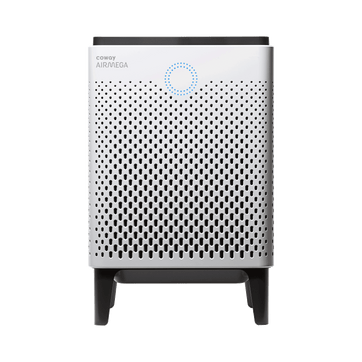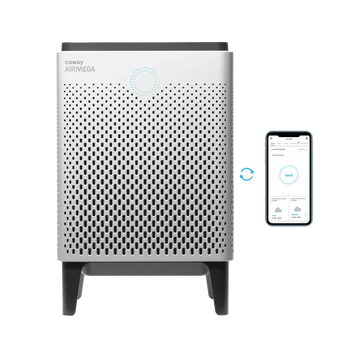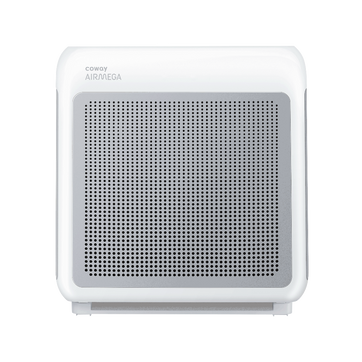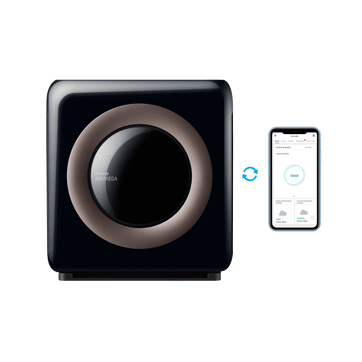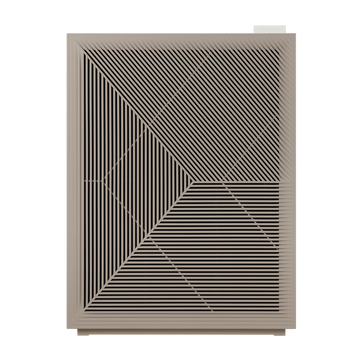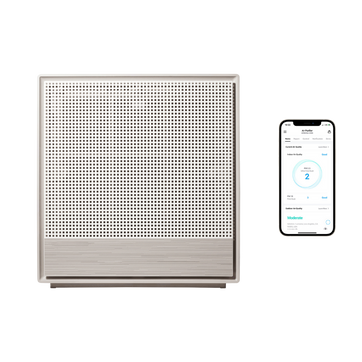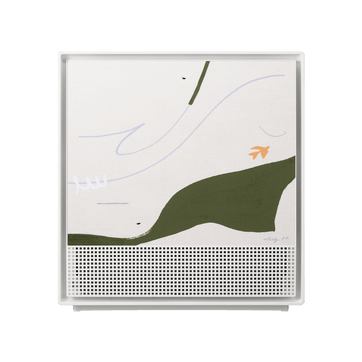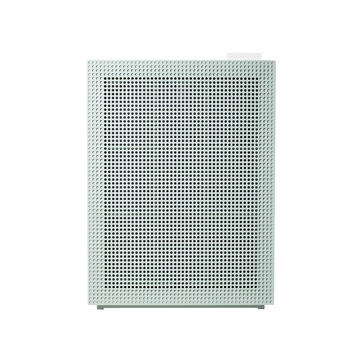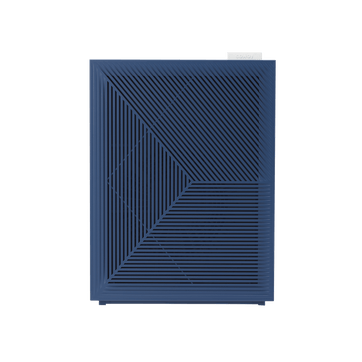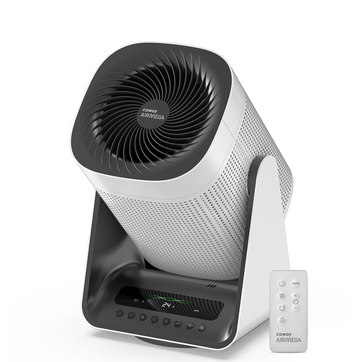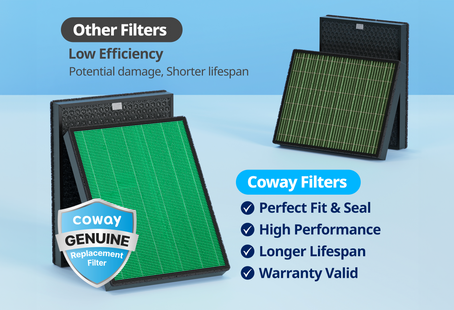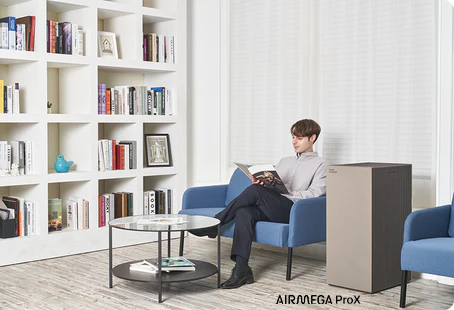
Winter Garage and Basement Cleaning
While summer is a good time to tidy up the outside of your home and spring is the perennial favorite for decluttering, winter is the prime season for clearing out and cleaning up the basement and garage. Do you really need all those almost-empty cans of paint from your living room renovation five years ago? Or that rake missing half its tines?
Still, while you’re sure to have a sweet feeling of relief when the job is done, there’s a potential dark side to your accomplishment: You risk stirring up all manner of microscopic, unhealthy particulate matter and other substances already residing in your basement and garage, further spreading it into the air—and perhaps even finding its way into the rest of your house.
Why Do Our Basements Need Regular Cleaning?
The air down there is probably some of the unhealthiest in your entire home, so you really want to be careful when you’re cleaning that part of the house. Basements—and especially those unpleasant crawl spaces—are humid leading to a collection of mold and dust, both of which are potential allergens and irritants.
Common materials used in finished basements make the environment even worse. Gypsum wallboard, a standard in many finished basements, for example, absorbs moisture and can harbor a lot of mold. Another potential problem: Carpeting, which can absorb moisture through the house foundation. That, in turn, creates more humidity and, of course, mold. And while the carpet might be mold resistant, all the dust and skin cells in the fibers are not.
Unfinished basements have their own hazards, with lots of debris, dirt and dust, all of which encourage fungal growth. And another thing: Just because you have a door separating the finished and unfinished parts of the basement doesn’t mean harmful particles will be completely blocked from entering the air.
The Importance of Cleaning Your Garage
You know all those household chemicals, glues, solvents, paints and the like you have in your garage, not to mention gas for your lawn mower and oil for your car? Even when they’re just sitting there, many of these substances slowly release pollutants into the air. When you start disturbing them in the course of a clean-up project, you’ll likely trigger the discharge of even more contaminants.
That’s particularly true for attached garages, from which unhealthy particles can seep into the rest of the house. Researchers at the University of Michigan who have studied attached garages in 15 single-family homes found that nearly all of the benzene and most of the fuel‐related aromatics detected in the houses resulted from migration from garages.
How to keep your winter cleaning healthy? Using a smart air purifier with a HEPA air filter can help you breathe easier as you clear out your garage and basement—and prevent your project from stirring up more trouble than it’s worth.
Disclaimers
1Coway air purifiers have been proven to trap dust, pollen, dander, viruses and bacteria in the air based on KCL (Korea Conformity Laboratories) testing.They have been tested in a 30㎥ size chamber according to the Korea Air Cleaning Association standard (SPS-KACA 002-132:2022 Modified) to measure the 0.01㎛ size of particle removal rate. It was tested on maximum airflow speed in normal room temperature and humidity conditions. The performance may vary in the actual living environment of customers.
→ Tested with Airmega Aim, 50, 100, 150, 160, Tower AP-1216L, Mighty AP-1512HH, MightyS AP-1512HHS, 200M, Icon, IconS, 230, 240, 250, 250 Art, 250S, 300, 300S, 350, 400, 400S, 450, ProX
299.97% of viruses, bacteria, fungi and pollen were verified to be removed from the air for Coway air purifiers which have Green True HEPA™ filter applied based on the Japan Food Research Laboratories(JFRL) testing according to JEM 1467 standard.
→ Tested with Coway Airmega Mighty AP-1512HH, MightyS AP-1512HHS, 250, 250 Art, 250S, 300, 300S, 400, 400S
→ All tested by JFRL and received above result within below time.
4The concentration of ammonia, acetaldehyde and acetic acid were proven to be removed within 30 minutes by FCG Research Institute, Inc. Human Life Science Lab. It is not a demonstration result in the actual use space. Not all odors and gases may be supported. → Tested with Coway Airmega 150, 160, Mighty AP-1512HH, MightyS AP-1512HHS, 400, 400S
5The coverage area of the air purifier is based on an area where the air cleaner can make two air changes per hour (ACPH). An air change per hour translates to how many times an air purifier can clean an area, assuming the height of a ceiling to be 8 ft, in one hour. Therefore ** means two air changes per hour means that the cleaner can clean the area once every 30 minutes and * means air changes per hour means that the air purifier can clean the area once every 60 minutes.
10Terms and conditions apply. Discounts, including promotions, coupons, bundle discount and subscription discount, cannot be stacked on top of other coupons. During promotional periods, discount codes will not be able to be applied to orders. Promo codes may apply to products only—filters, accessories, and new products within 3 months of the release date are not included.
11Based on Coway R&D internal laboratory testing, activated carbon filtration was shown to remove up to 95% of ammonia odors within 40 minutes, and up to 99% of fecal odors within 20 minutes. Actual performance may vary depending on usage conditions.
